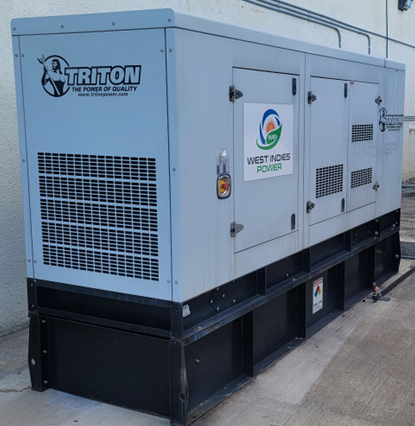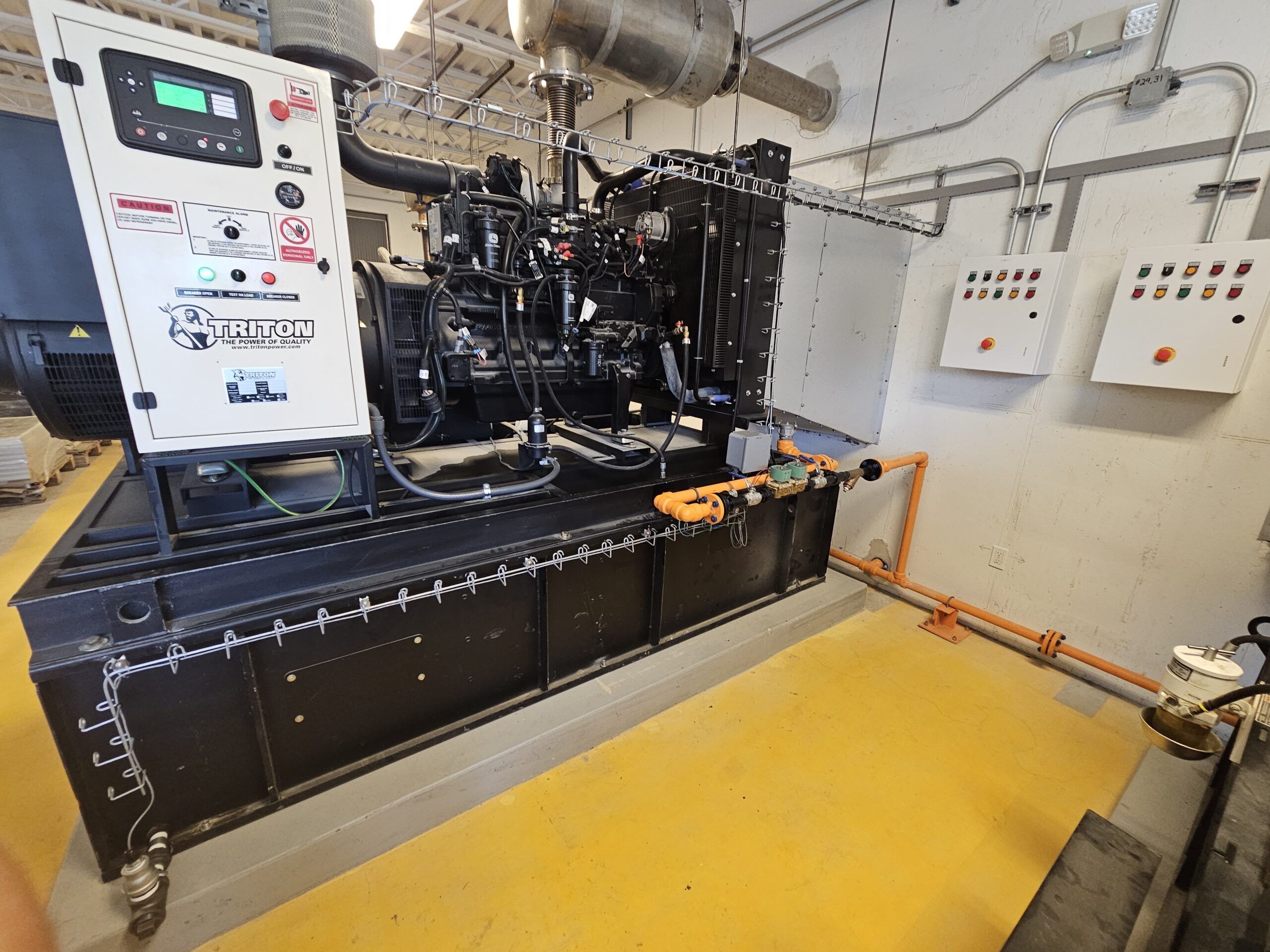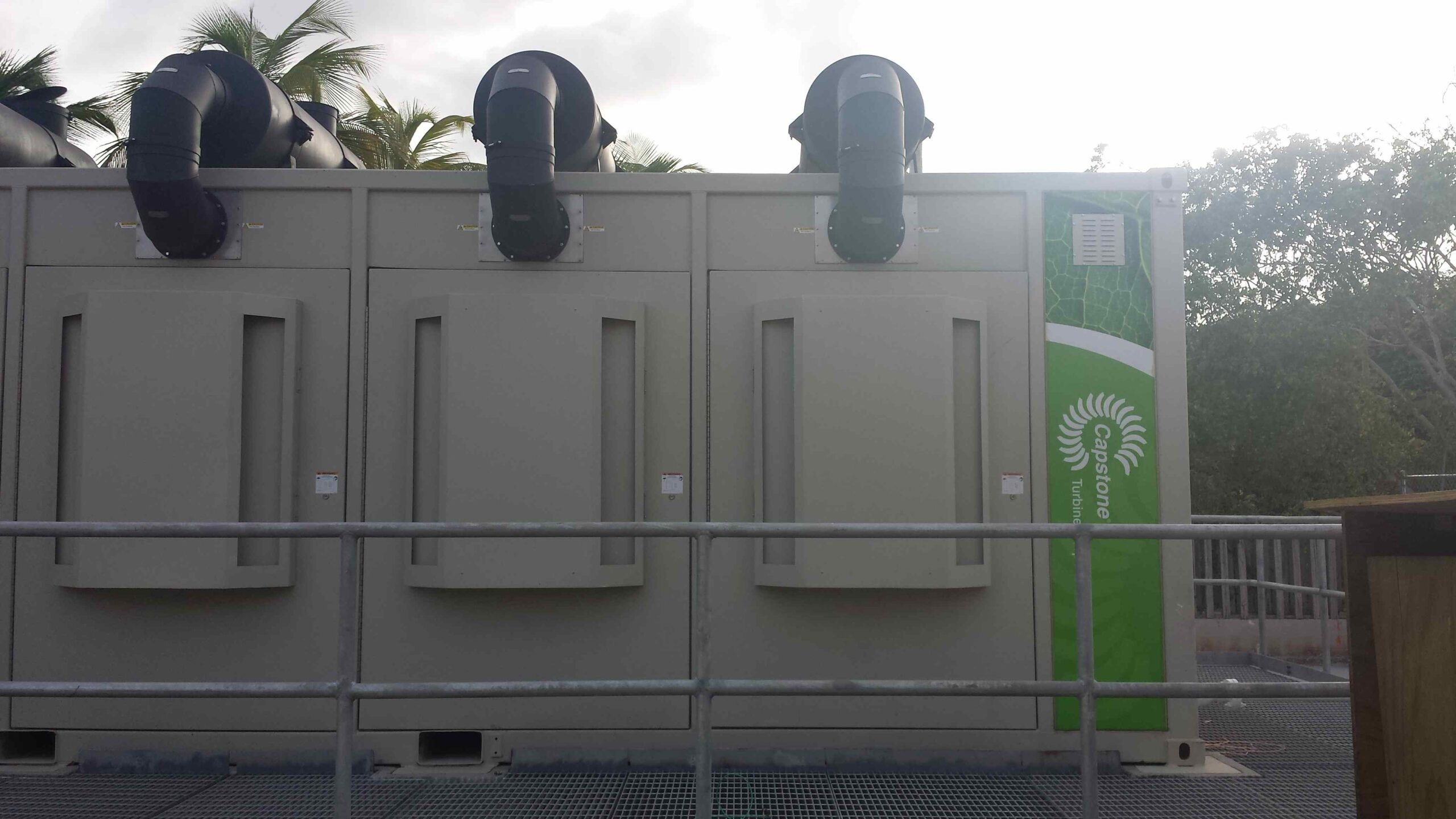Generating clean, reliable, power is important for all building applications. Whether prime or backup power, when the generation plant is called upon the system must deliver. Tropitech can design your power generation system based upon the specific need and application. Diesel, propane, and Clean Bio-fuel gensets as well as renewable energy generation are all considerations for your Prime or baseload generation.


Generation system controls are as important as the power plant itself. We can design a complete system integrating generation with the utility, other power sources, or within a Microgrid scheme. Power generation designs are dependent on the hourly load profile, existing equipment, and customer priorities. Considerations include budget, energy savings, energy storage integration, paralleling applications, location, and available fuel sources.
Co-Generation is the process or production of thermal and electric energy from a single fuel source. Making use of waste heat is a huge opportunity often missed in power generation systems.
Typical applications consist of generating power using a diesel, propane, or bio-fuel Generator and then capturing the heat from the engine’s jacket water and/or exhaust system. Not only is this heat typically lost to the atmosphere, often electric fans and complicated radiator sytems are utilized to remove this heat.
This heat can be captured and utilized to provide domestic hot water, steam generation (i.e. to produce more electricity), or evaporative air conditioning.

Generation system controls are as important as the power plant itself. We can design a complete system integrating generation with the utility, other power sources, or within a Microgrid scheme. Power generation designs are dependent on the hourly load profile, existing equipment, and customer priorities. Considerations include budget, energy savings, energy storage integration, paralleling applications, location, and available fuel sources.